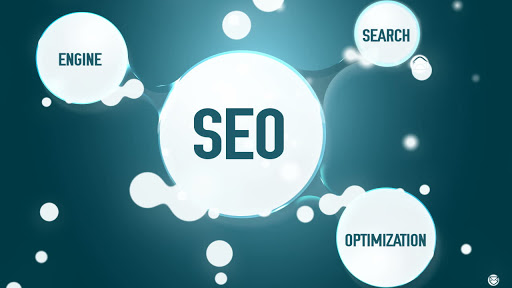Learning SEO stands for Search Engine Optimization and it’s a way of optimizing websites so that they can rank well in search engine results. It is a process that helps to make sure your website is more visible to search engines, which means more people will find it when they search for certain keywords or phrases. In essence, SEO helps businesses to increase their online presence and get more customers.
What Is SEO?
SEO involves using various techniques to improve your website so that it can achieve higher rankings in search engine results. This includes optimizing both the on-page and off-page elements of a website, such as its content, design, structure, link profile and technical aspects. The goal of SEO is to ensure that your website appears at the top of search engine results pages (SERPs) when users type in relevant keywords or phrases.
On-Page Optimization
On-page optimization is an important part of any successful SEO strategy and involves making changes to the content and structure of a website. This includes things like optimizing titles and meta descriptions with targeted keywords, ensuring headings are properly formatted, adding internal links between pages, creating quality content with relevant keywords and improving page loading speeds. All these elements help to improve the overall user experience which in turn can have a positive impact on your website’s rankings.
Off-Page Optimization
Off-page optimization refers to activities outside of your own website that help boost its rankings in SERPs. This includes things like building high quality backlinks from authoritative websites, encouraging social media sharing and engaging in local SEO tactics such as creating business listings on local directories. These activities can all help build trust around your brand which in turn can lead to increased visibility in SERPs over time.
Additionally, off-page optimization activities can also help to grow your website’s referral traffic, as well as providing a boost of credibility for both customers and search engines. Ultimately, off-page optimization is a key component of any successful SEO strategy. It should be incorporated into your overall approach to ensure that you’re able to maximize the visibility of your website and content in SERPs. By leveraging the power of off-page optimization, you can ensure that your website and content reach the highest rankings possible.
Understanding the basics of SEO is key for any business looking to grow their online presence and attract more customers through organic search results. By focusing on both on-page and off-page optimization techniques you can ensure that your website is properly optimized for search engines while also providing users with an enjoyable experience when they visit your site.
On-page SEO techniques involve optimizing your website for search engine algorithms, including things such as page titles, meta descriptions, and keyword usage. Off-page SEO techniques involve building links from other websites to your own, creating backlinks which can help with improving rankings on search engines. Additionally, you should ensure that all content is regularly updated and optimized in order for it to be considered relevant by search engines. Finally, utilizing analytics tools can help you track your SEO performance and ensure that all of your efforts are paying off. By following these steps and implementing a comprehensive SEO strategy, businesses can effectively increase their visibility on the web while providing users with an engaging experience.

